The press under enormous pressure from Big Tech The future of journalism and media is increasingly in jeopardy after Big Tech companies are also using artificial intelligence (AI) to infringe on the copyrighted works of the press. There is no other way but for the press to stand up against or at least put pressure on them to stop using AI and other “technological weapons” to steal their work. |
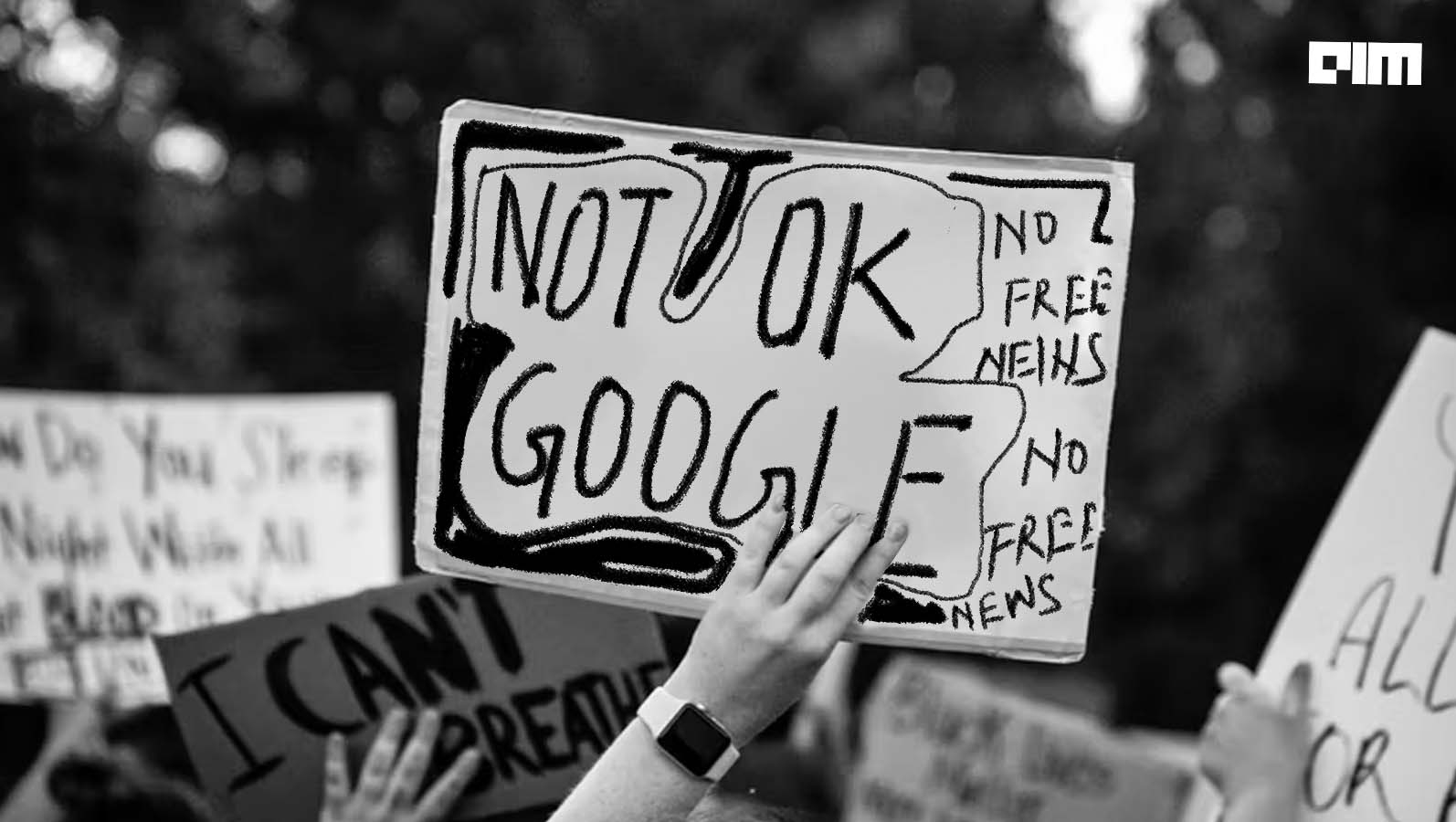
The world press is fighting hard to reclaim what it has lost from Big Tech. Illustration photo: GI
Less than a year since artificial intelligence (AI) exploded with the “starting shot” of ChatGPT at the end of 2022, society in general and the press in particular feel like a decade has passed due to the many changes that have taken place. Artificial intelligence has now “infiltrated” every corner of human life.
The AI boom is confirmed to strongly promote the 4.0 revolution for human progress, helping many areas of life develop in a better direction. In the vast context of that history, the press and media seem too small, like a small sandbar before the raging river of the era.
In other words, the press cannot be an obstacle, and should not seek to become an obstacle to the wheel of history on its journey to the next civilization of mankind. In fact, one of the noble missions of the press is to accompany and encourage human progress.
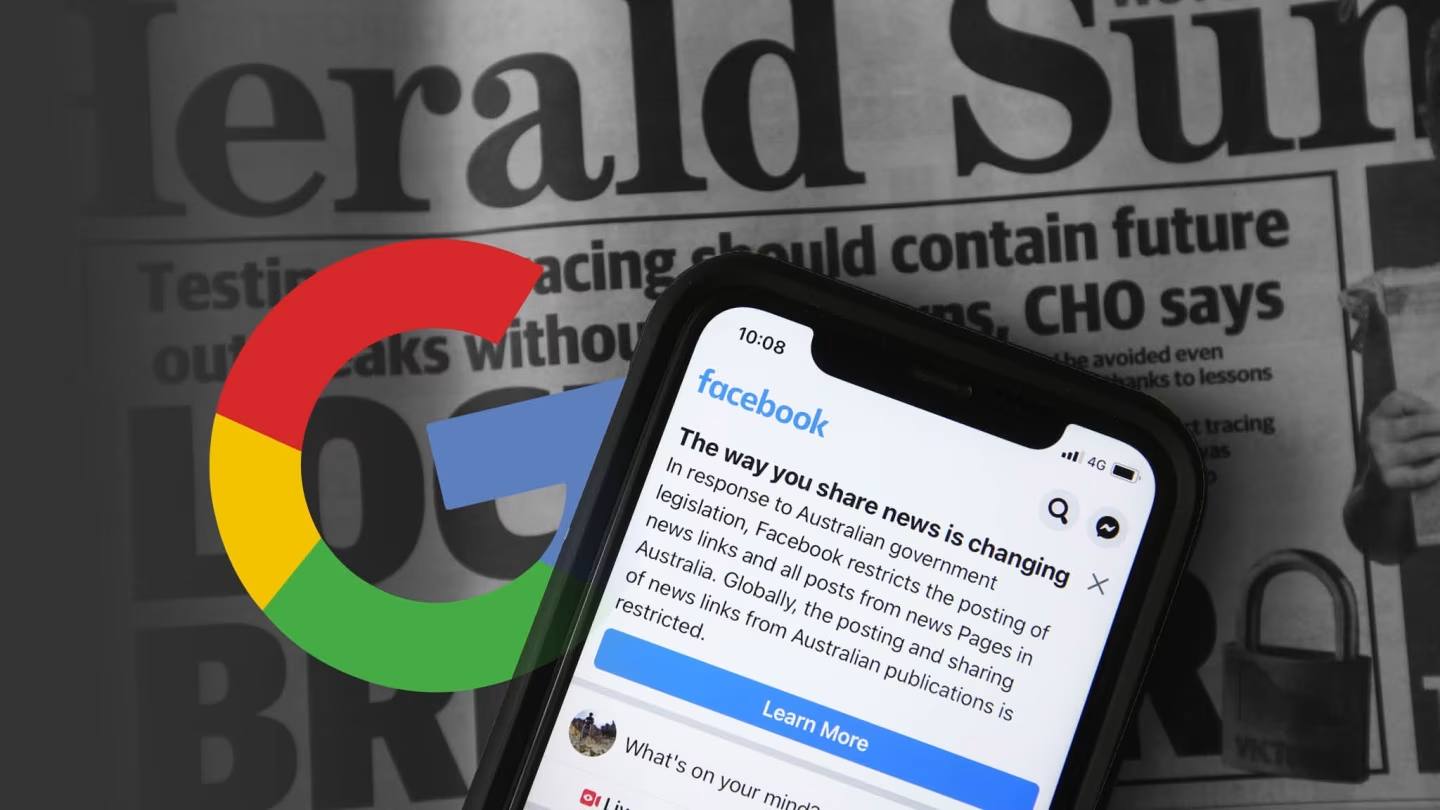
With AI, Big Tech like Google and Facebook will become more sophisticated in hijacking journalistic content for profit. Photo: FT
When journalism must fight technology
But, at this point, does it feel like the world of journalism is on the other side of the battle line to confront technology in general, and artificial intelligence in particular? No, journalism, like many other affected professions, is not fighting against AI, but only against the “greedy giants” who want to exploit AI for their own benefit, wanting to push journalism further into a dead end after having crushed journalism with other sophisticated “technological weapons” - such as social networks, sharing tools or search engines.
In the last days of 2023, one of the world's most successful newspapers in terms of both content and economics, the New York Times of the United States, officially sued OpenAI and technology giant Microsoft for illegally using their articles to train AI models such as ChatGPT or Bing, and demanded compensation of up to "billions of dollars".
This is just the latest battle, a battle that has been raging not just in journalism and media, but also in other creative fields like literature, film, and more. Over the past year, artists, screenwriters, novelists, and other authors have sued Big Tech, demanding compensation for the unauthorized use of their work to train AI models, for profit and without any intention of paying a fee.
In May 2023, at the INMA media conference, News Corp CEO Robert Thomson raised the outrage of the journalism and media industry with AI: “The collective property of the media is under threat and we should fight hard for redress... AI is being designed so that readers will never visit a newspaper website, thereby seriously undermining journalism.”
Meanwhile, the Financial Times said: “Copyright is a matter of survival for all publishers.” And Mathias Döpfner - CEO of Axel Springer Media Group, owner of Politico, Bild and Die Welt, declared : “We need a solution for the entire journalism and media industry. We must unite and work together on this issue.”
These calls are urgent, not at all a rallying cry. In fact, the future of world journalism is at risk of collapse if journalists stand idly by and watch Big Tech use algorithms, tricks, and now even “AI weapons” to “appropriate” their efforts and intelligence.
How Big Tech “hijacks” journalism?
As we know, in the era of the internet and social networks, Big Tech initially “lured” newspapers to post news on their superior technology platforms, to win readers and increase revenue. That “naivety” of the initial press soon caused the collapse of a print newspaper with a proud tradition of hundreds of years.
After solving the problem of “print newspapers”, the technology giants, including Microsoft, Meta and Google, continued to crush the “electronic newspapers”, making most press products free or cheap; journalists became unpaid workers for social networks such as Facebook, TikTok, Twitter (X)... or technology platforms of Google and Microsoft.
Statistics in most newspaper markets around the world show that in addition to the almost non-existent print profits, online advertising revenue has also dropped by 70 to 80%, most of which has flowed into the pockets of Big Tech. In this context, not only small newspapers have failed, but also famous newspapers that once relied on social networks have collapsed or are barely surviving, as in the case of BuzzFeed News and Vice.
After luring users to their platforms, including the majority of traditional newspaper readers, Big Tech has also moved to “oust” newspapers, by no longer supporting news, especially “grabbing” most of the advertising funding. Google and Facebook themselves have recently “washed their hands” saying that news is no longer valuable to them in lawsuits for paying for newspapers in Australia and Canada. Facebook and Google have even threatened or tested blocking news in these two countries!
At this point, most social networks no longer have much pure news, and newspapers in general no longer benefit from traffic on technology platforms, because algorithms limit access to links or limit factors that encourage users to read other newspapers. If somehow news sites still "attract views" from technology platforms, the amount of money they receive from visits is also very small.
Statistics show that Americans are consuming more news than ever before, with news organizations reaching more than 135 million American adults each week. But despite record readership, revenue for U.S. news publishers has fallen by more than 50% in recent years. This is certainly the case in most countries, including Vietnam. Simply put, the articles themselves have been turned into free products by Big Tech for years!
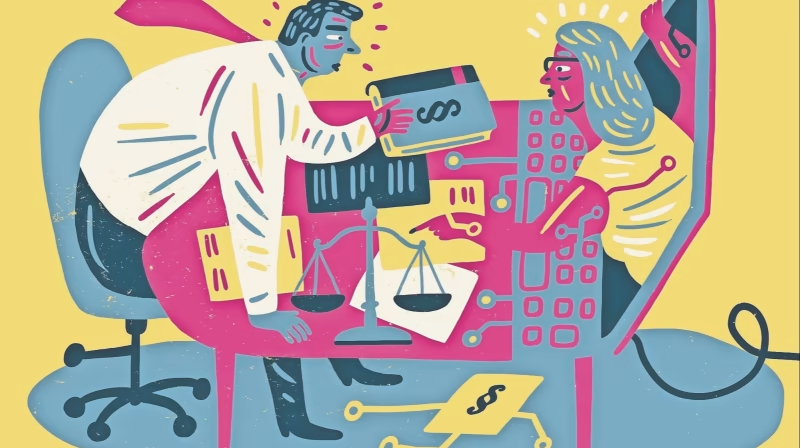
The world of journalism needs to continue to fight big tech for its rights and future. Illustration photo: FT
AI, Big Tech's New and Scary Weapon
Faced with the “strangulation” of Big Tech, many major newspapers have risen up and found a new path, instead of earning small change from Google or Facebook ads, they are finding a way back to their old values. That is “selling newspapers”, except instead of selling printed newspapers as before, now it is in the form of paid subscriptions or paywalls on electronic newspapers.
Most major newspapers in the world have followed this model and have been somewhat successful, able to live on their own readers' money, almost no longer dependent on Facebook or Google, such as the New York Times, Reuters, Washington Post... Quality and genuine journalism has once again become a product that costs money - something that was obvious for centuries before the emergence of Big Tech.
However, just as the press's hopes were raised, a new danger struck: the emergence of AI!
As mentioned, it is undeniable that AI is a technology that can help humanity reach the next civilization, with unparalleled value in all aspects of life. But unfortunately, Big Tech wants to take advantage of it to take away the last bit of hope left in journalism. Thanks to Large Language Models (LLM), Machine Learning (ML) or Deep Learning (DL), AI tools are currently “rummaging” every corner of the internet, to take all copyrighted knowledge, books and news as their own property and are reaping huge profits from this, and at the same time do not want to pay.
That means Big Tech is trying to destroy the business model that the press has just built. With its superior capabilities, AI will easily “steal” or pay a very small fee like a normal user to take away all copyrighted content of newspapers in the blink of an eye, then use it to train AI models or take that content to provide to users through chatbots. That is blatant copyright infringement!
So how exactly are chatbots and other AI models stealing the brainpower of newspapers, journalists, and other writers?
Basically, it will take the original content of the press or “remix” it to respond to user queries. The New York Times itself in the lawsuit at the end of December cited several examples of ChatGPT giving responses that were almost identical to their articles, especially if any information was found to be incorrect, it would blame the press source. That is, ChatGPT did not have to pay a single penny for the content or take any responsibility for the content, just profit! That is the greatest injustice!
ChatGPT even launched its own internet browser last September to do business with news, thereby continuing to take press information for its own benefit, and has never offered to pay the press. Meanwhile, search engines Google and Bing have also applied and certainly increased the integration of AI chatbots to directly answer all questions for users, leaving readers with no reason to go to the original press source.
Not only that, Big Tech wants to go further, more sophisticated with AI here. That is, using Natural Language Processing (NLP) technology to rewrite articles, thereby making it harder for the press to condemn and sue. Specifically, in July 2023, Google tested an AI product that automatically generates news based on press content or other sources. Initially, they introduced this tool to major press organizations such as the New York Times, Washington Post and Wall Street Journal, suggesting a "cooperation". But everyone was more cautious, because the press still has not forgotten what "cooperation" with Google in the early stages of the internet era would lead to!
Thus, it can be affirmed that, without a comprehensive change, all of the above will lead to a day when readers will forget that there ever was a press, at least there were press pages that provided information to everyone - similar to the way printed newspapers are now almost "extinct".
In that context, a large part of the press world has entered this "survival" battle, through lawsuits and agreements forcing Big Tech to pay for news and other copyrighted products, such as the lawsuit by the New York Times, or countries that have or are about to enact laws forcing Big Tech to make commercial agreements with the press, as Australia and Canada have done.
With solidarity and the support of policymakers in each country, the press can actually still win the confrontation with the tech giants, to continue to exist and carry out its missions!
Notable Lawsuits and Trade Deals Between Newspapers and Big Tech 2023 has marked a strong rise of the world press community against the pressure of Big Tech. Here are the most recent and prominent cases: 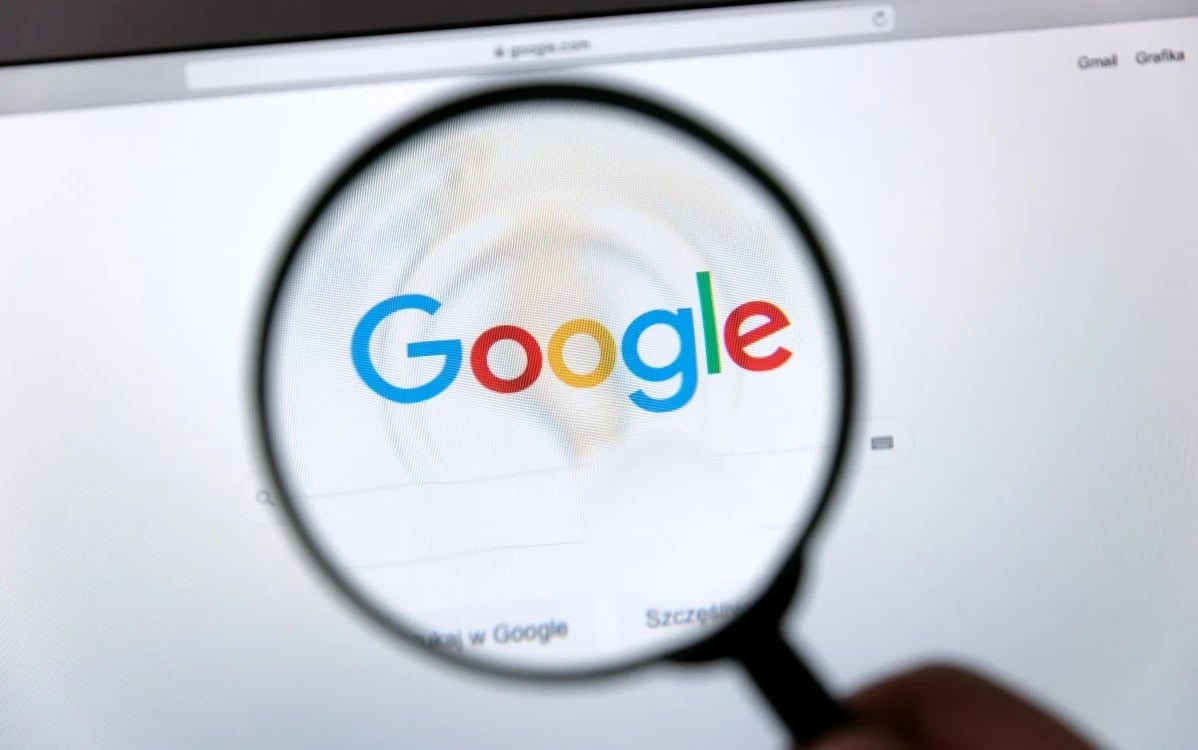 Google has agreed to pay for news in Australia and Canada. Photo: Shutterstock * In November 2023, Google agreed to pay $100 million Canadian dollars a year to a fund to support news organizations in Canada as part of the country's new online news law that will force Big Tech like Google and Meta to give back advertising dollars to journalism. * In May 2023, the New York Times reached a deal to receive about $100 million to provide news on Google platforms for three years. This is part of a broader agreement that allows Alphabet - Google's parent company - to feature New York Times articles on some of its technology and social media platforms. * In July 2023, the Associated Press (AP) reached an agreement allowing OpenAI - the publisher of ChatGPT, to use their journalistic content, in return for AP receiving technology support from OpenAI and a large, but undisclosed, financial amount. * A group of 11 authors, including several Pulitzer Prize winners, sued OpenAI and Microsoft in December 2023 for illegally using their work to train AI models like ChatGPT. The lawsuit alleges that Big Tech “is making billions of dollars from the unauthorized use” of their work. * Google agreed in October 2023 to pay 3.2 million euros per year to Corint Media, an umbrella organization representing the interests of German and international news publishers such as RTL, Axel Springer and CNBC. Corint Media also demanded 420 million euros in compensation for Google's use of news content from 2022. * German media conglomerate Axel Springer struck a deal in December 2023 to allow OpenAI to use content from its publications such as Bild, Politico and Business Insider to train ChatGPT, in return for a payment of “tens of millions of euros” per year. 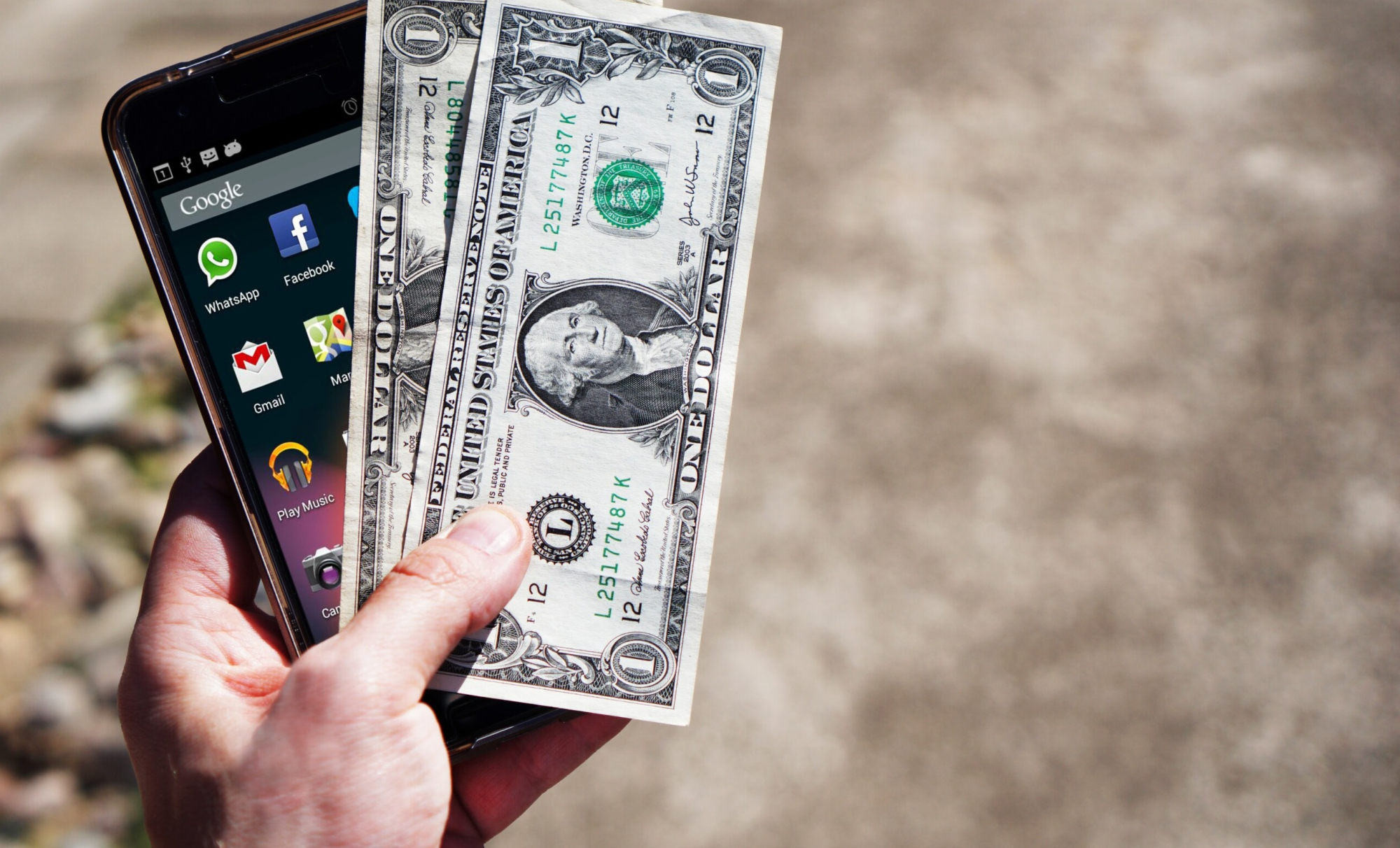 Many news organizations, instead of having to comply with Google's recommendations, are now forcing Google to pay them to recommend their content. Photo: CJR |
Hoang Hai
Source



![[Photo] Opening of the 11th Conference of the 13th Party Central Committee](https://vstatic.vietnam.vn/vietnam/resource/IMAGE/2025/4/10/f9e717b67de343d7b687cb419c0829a2)
![[Photo] Unique folk games at Chuong Village Festival](https://vstatic.vietnam.vn/vietnam/resource/IMAGE/2025/4/10/cff805a06fdd443b9474c017f98075a4)

![[Photo] April Festival in Can Tho City](https://vstatic.vietnam.vn/vietnam/resource/IMAGE/2025/4/10/bf5ae82870e648fabfbcc93a25b481ea)



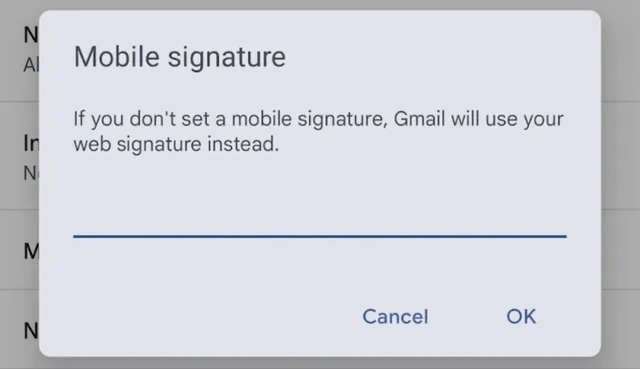

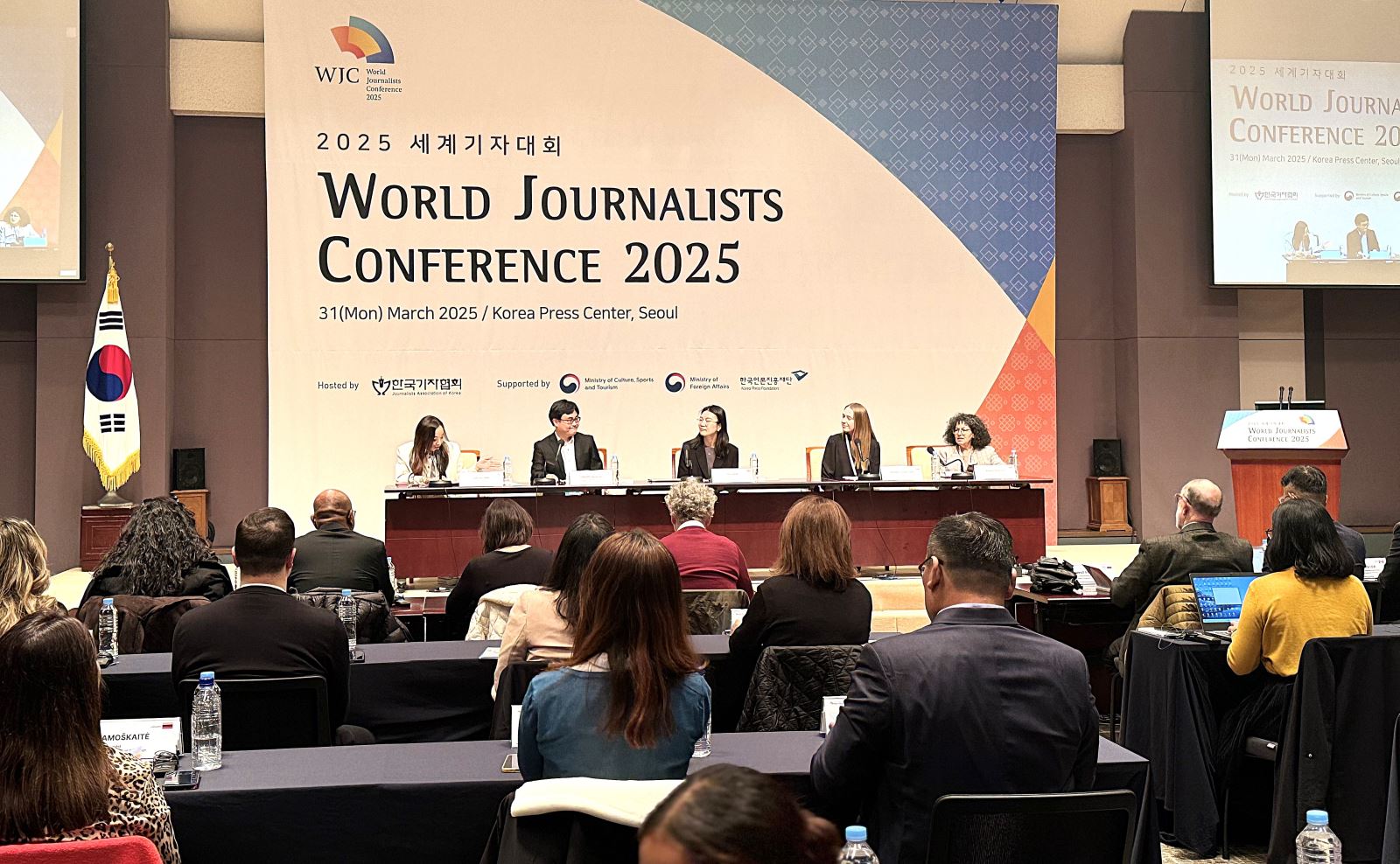

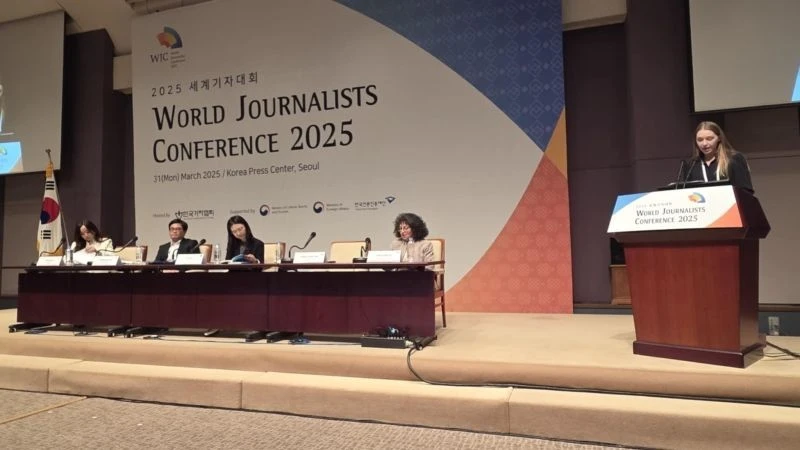

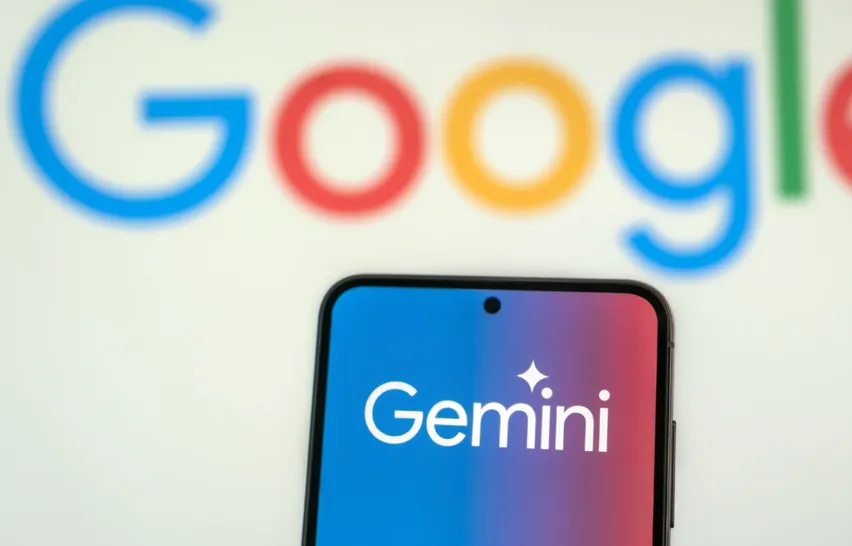

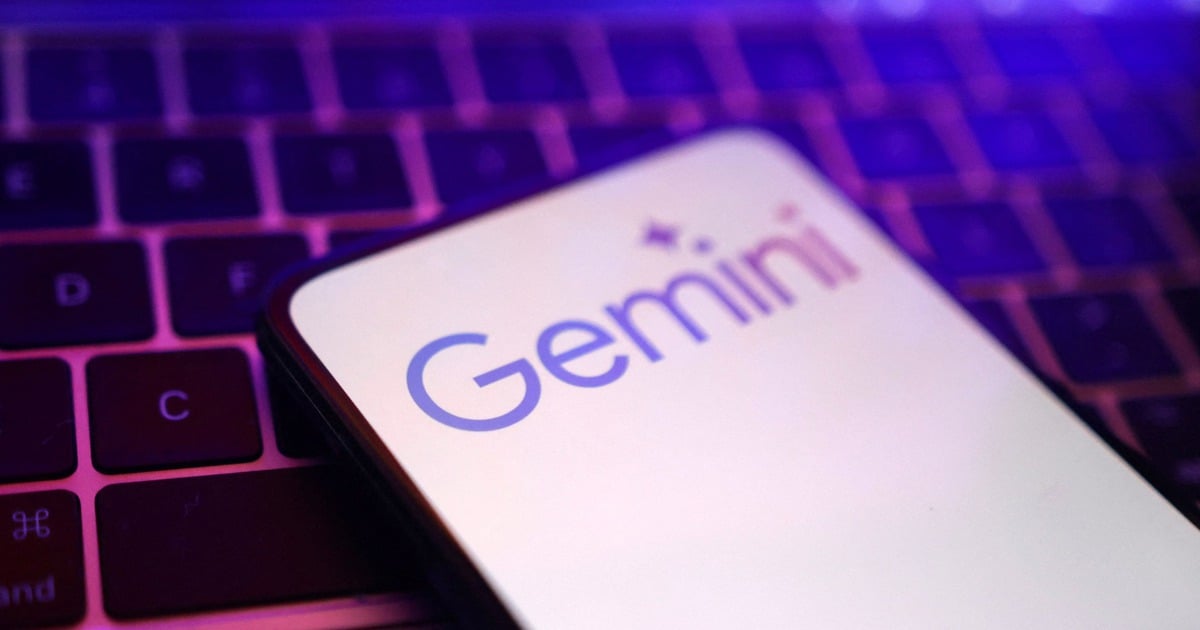
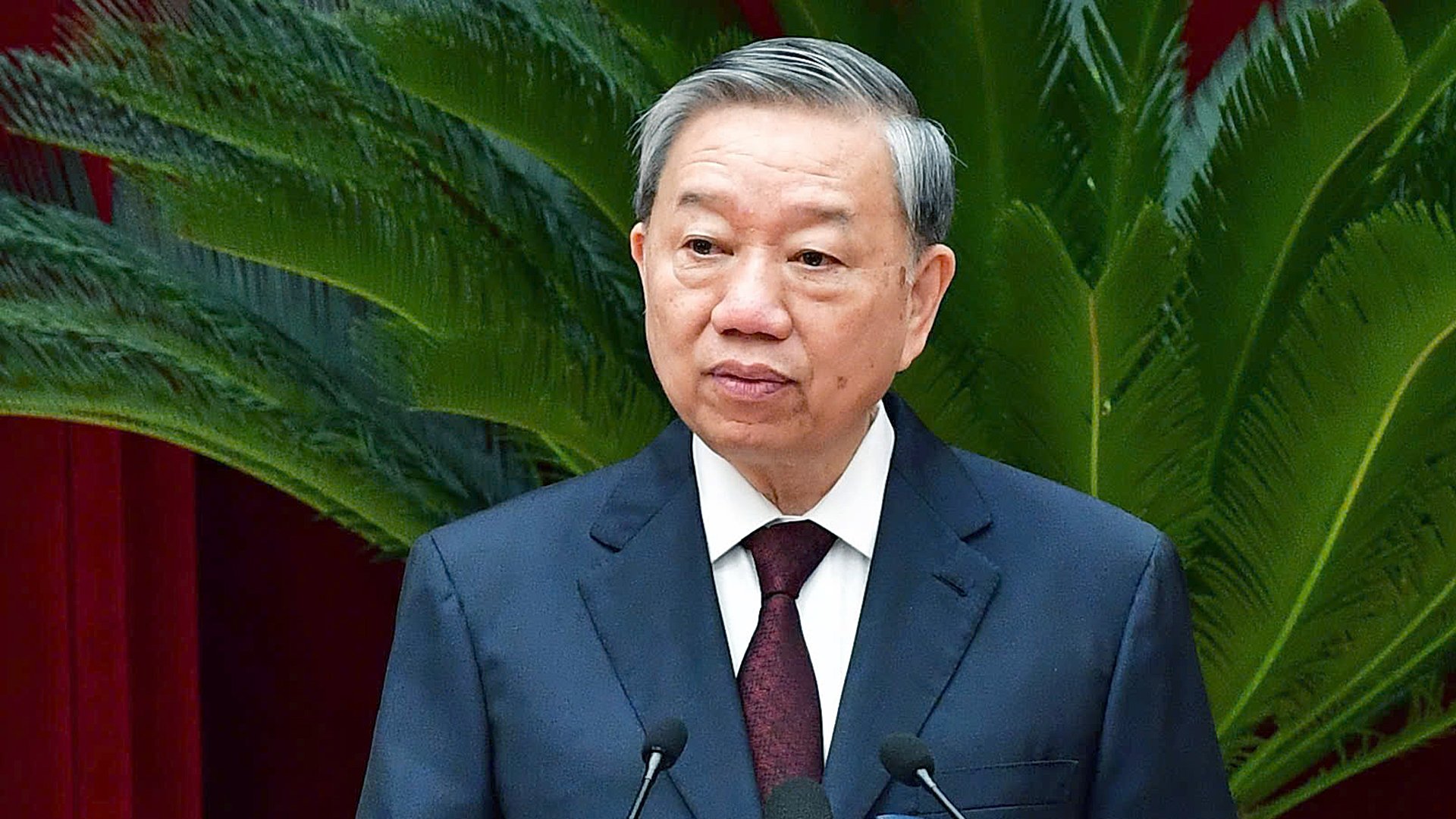

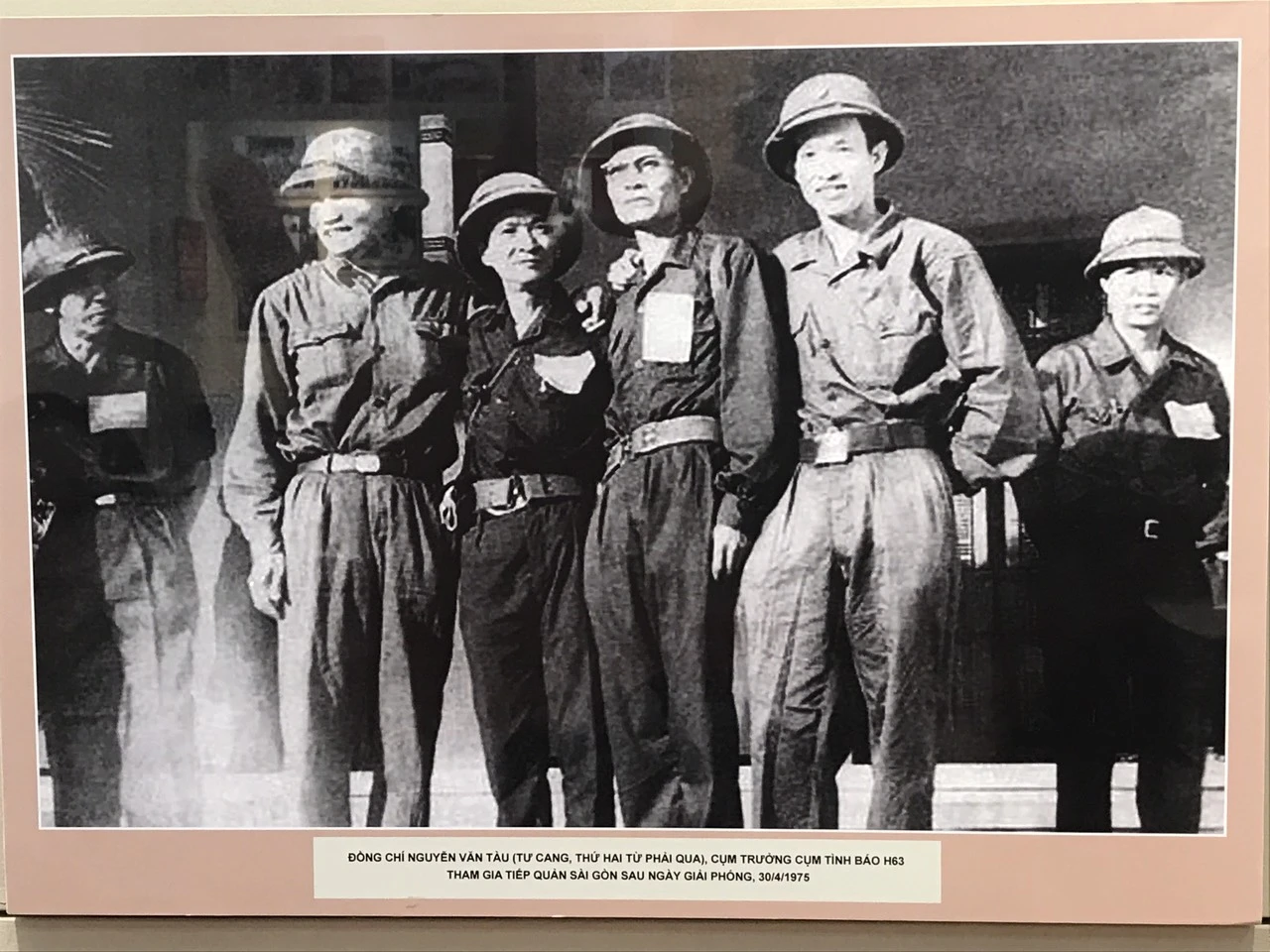











![[Photo] Prime Minister Pham Minh Chinh commends forces supporting Myanmar in overcoming earthquake consequences](https://vstatic.vietnam.vn/vietnam/resource/IMAGE/2025/4/10/e844656d18bd433f913182fbc2f35ec2)






























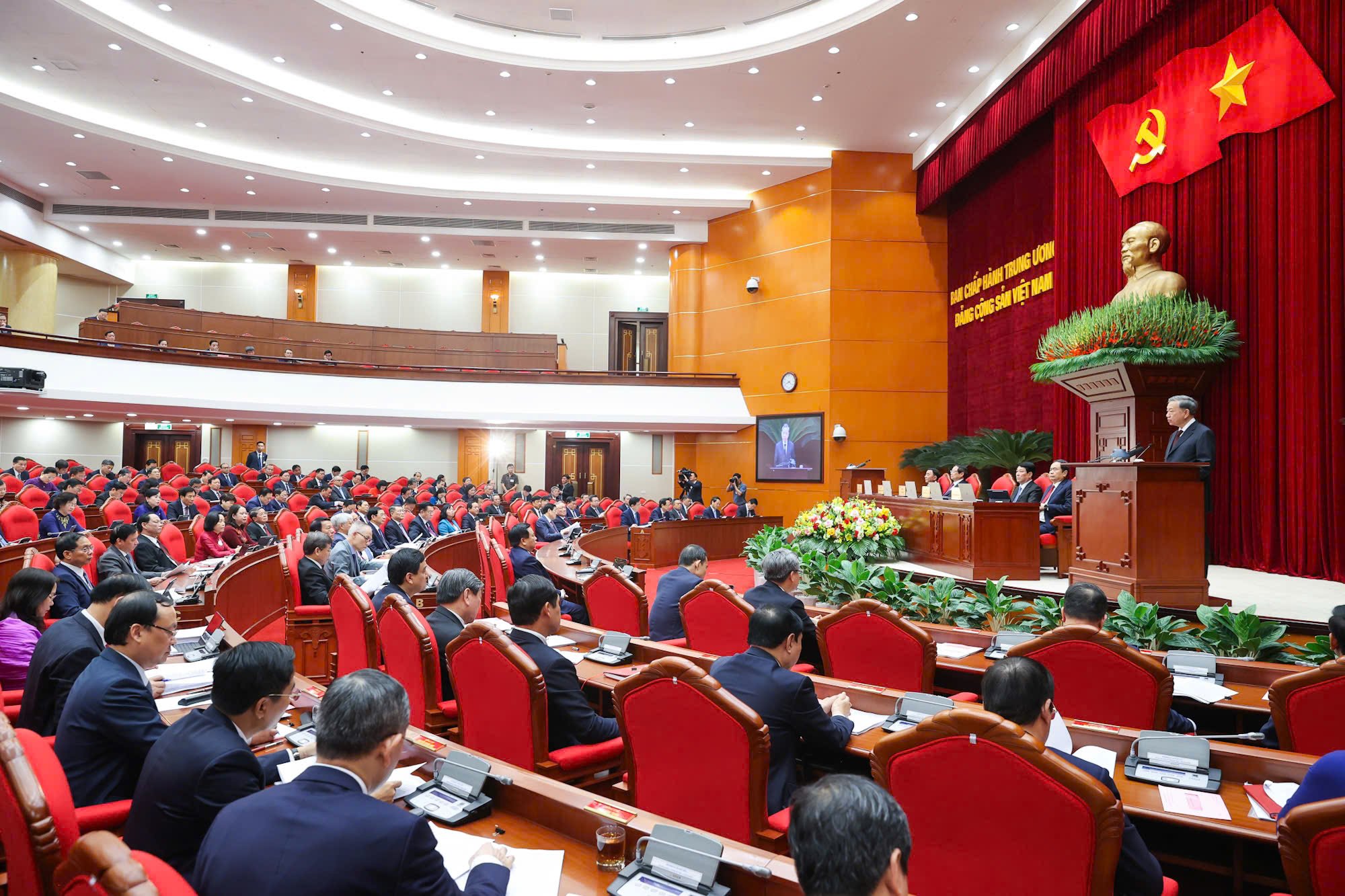
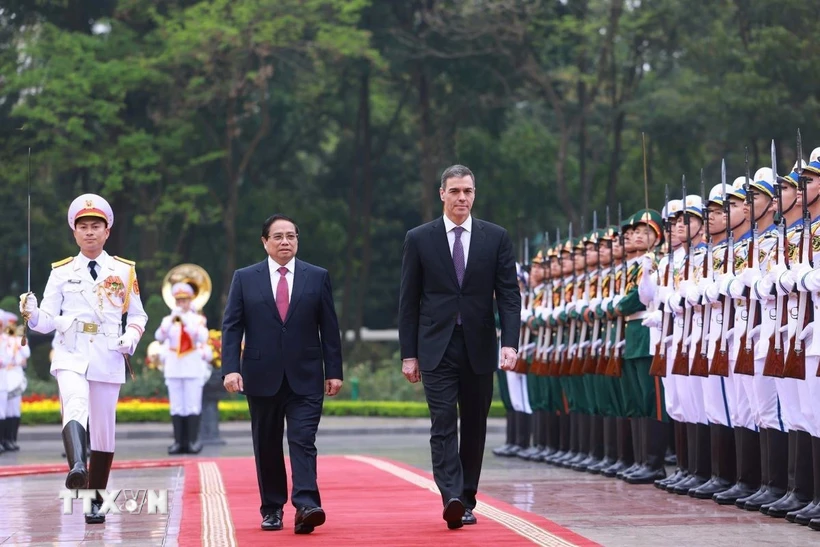
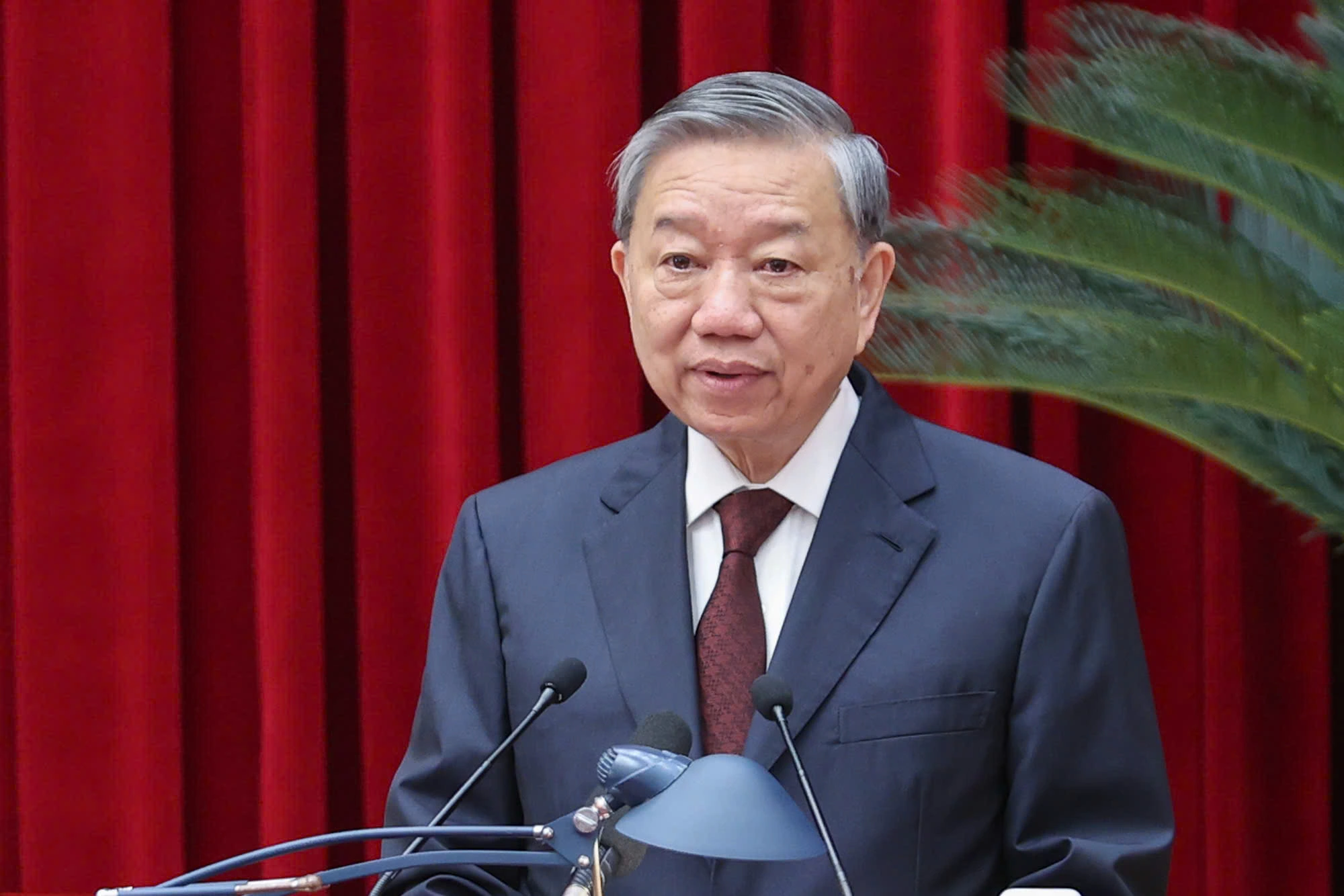




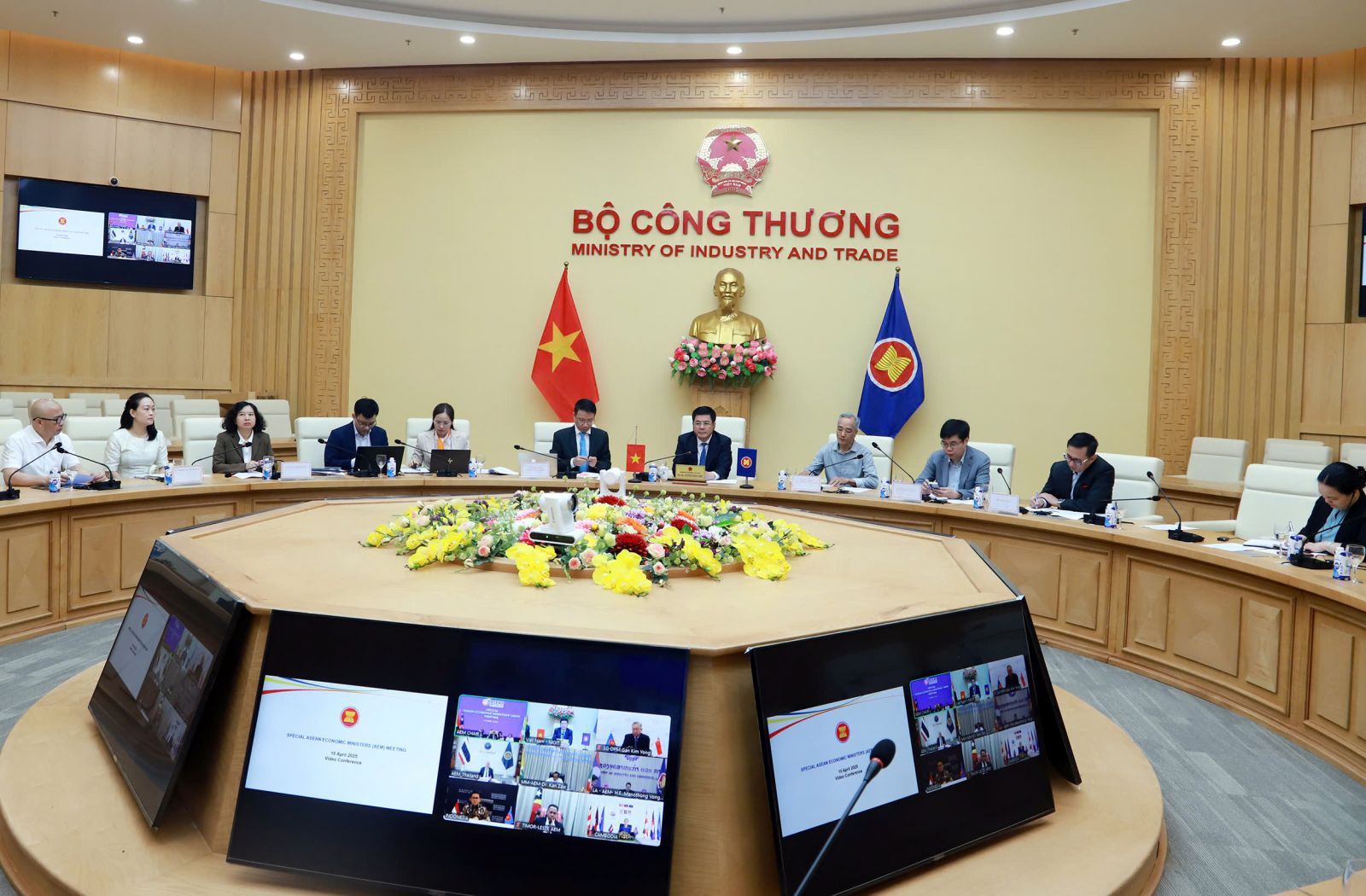

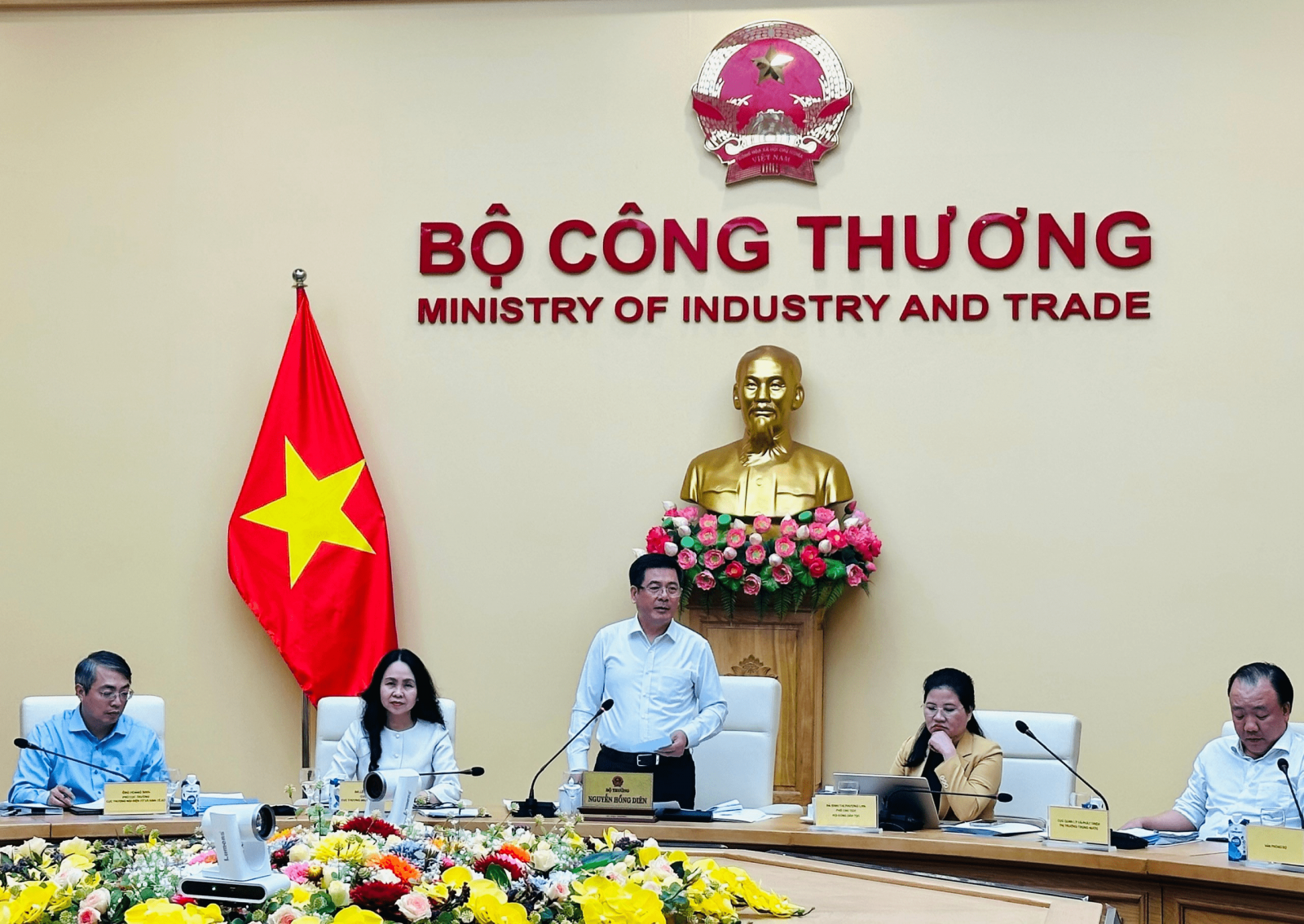



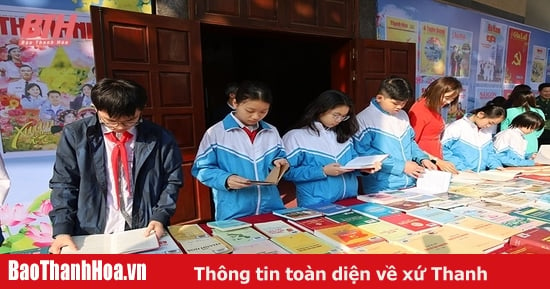














Comment (0)